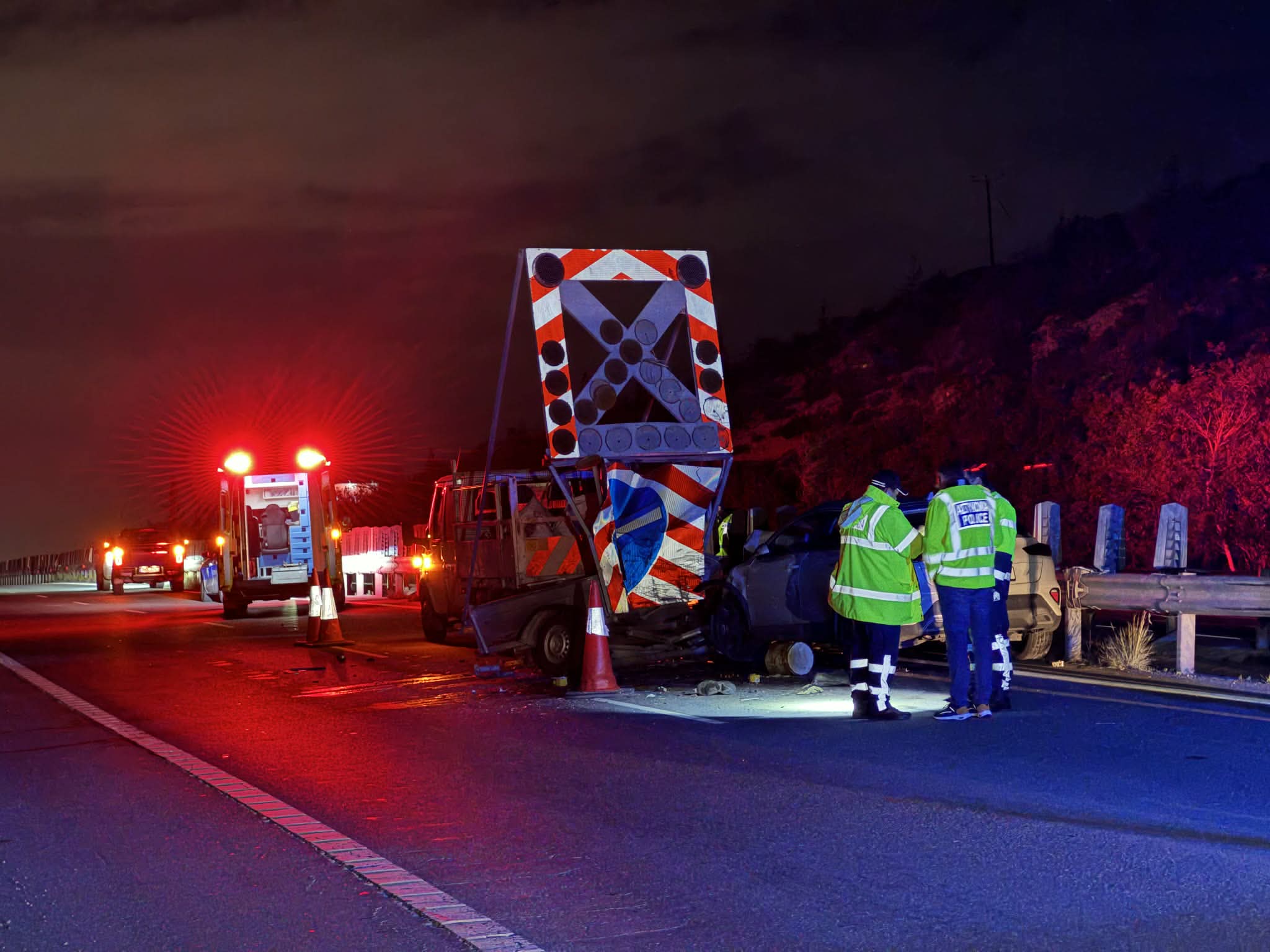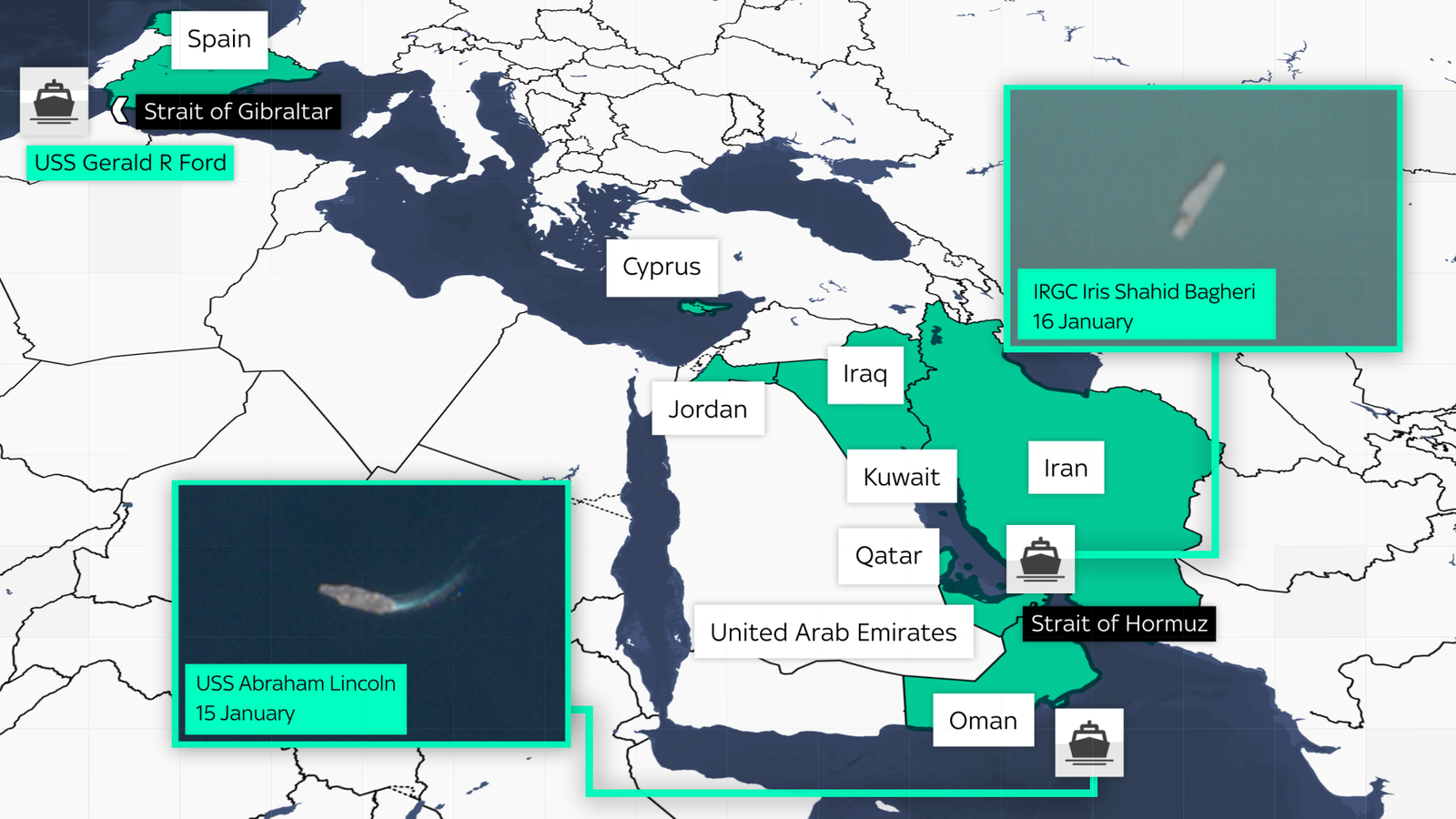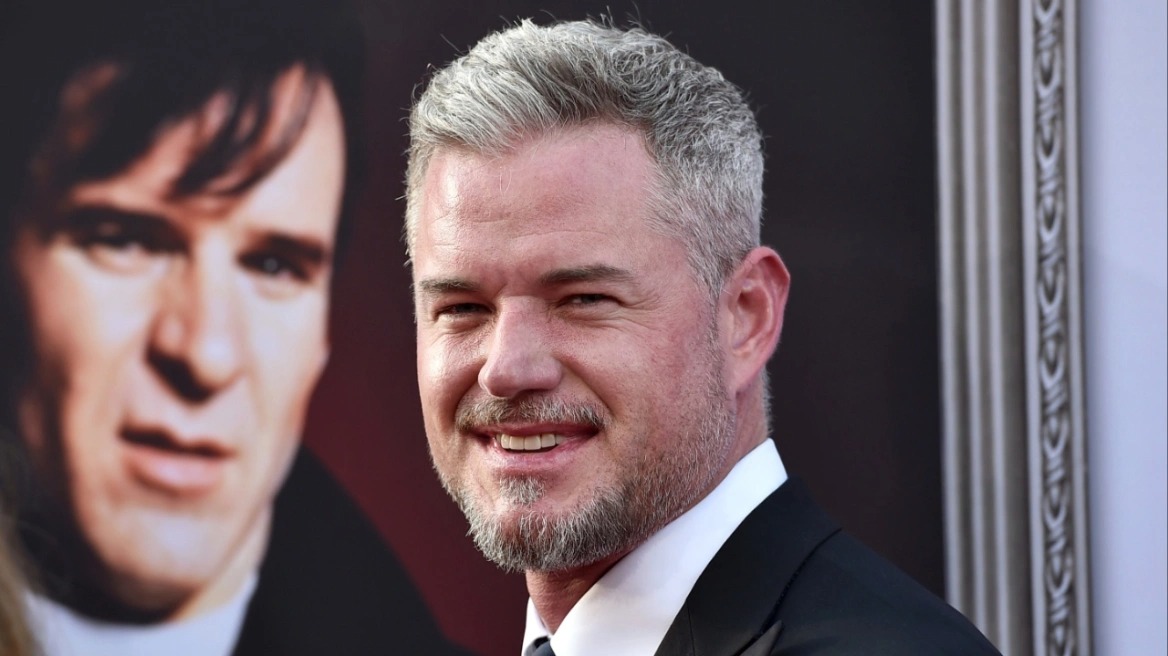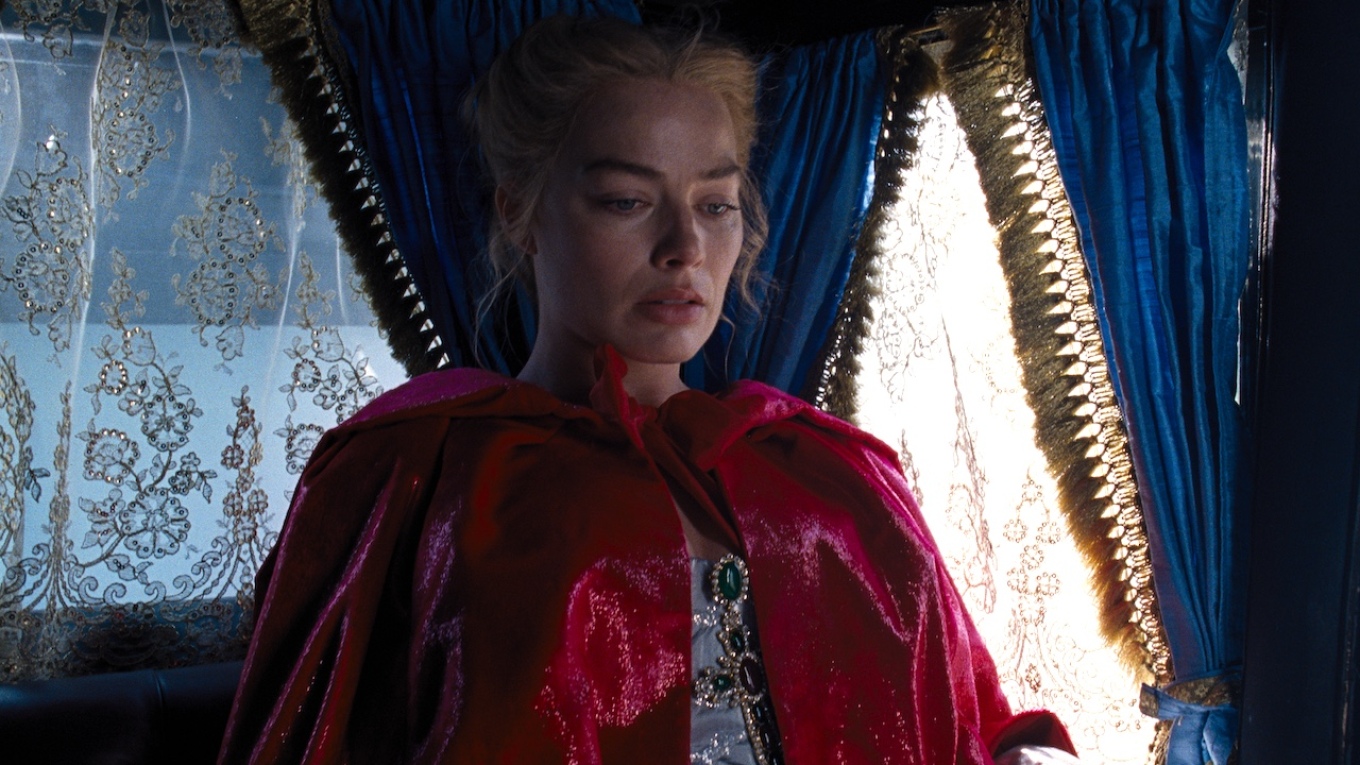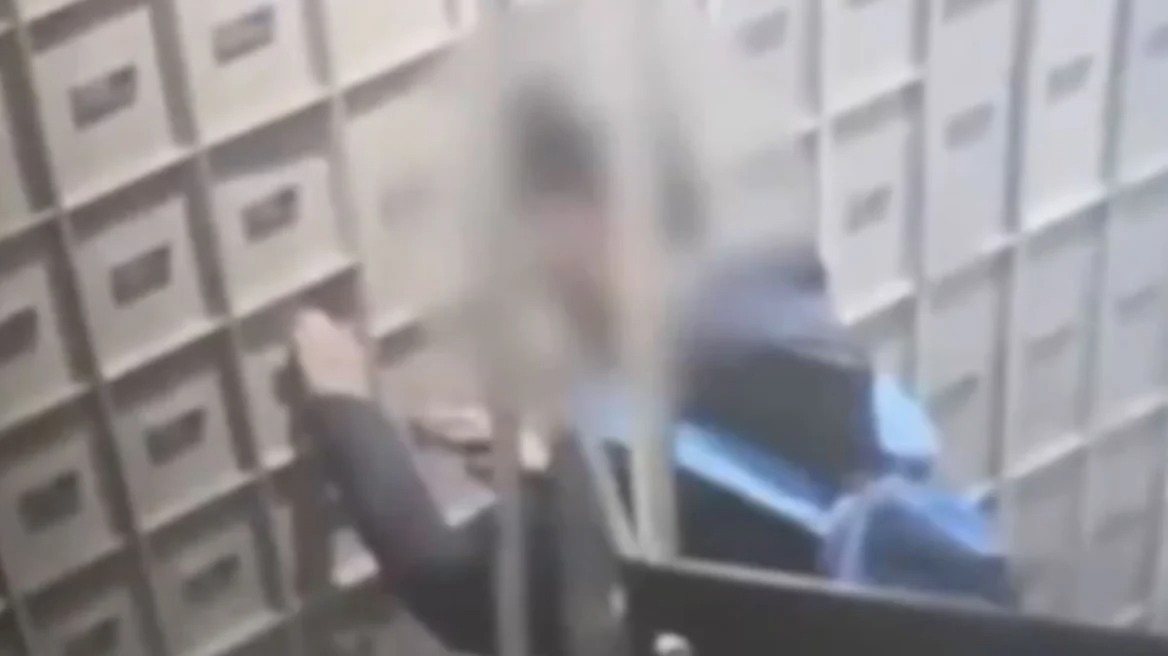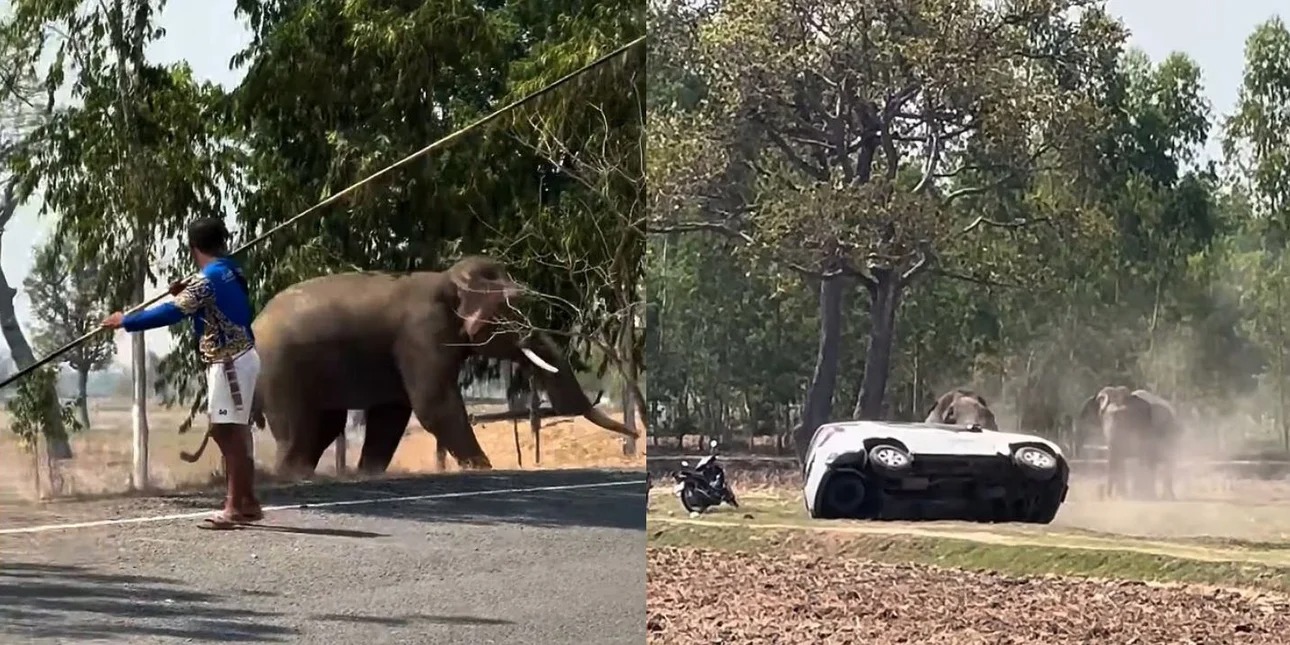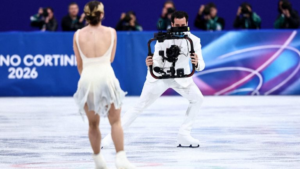The European Parliament voted by majority on Wednesday to take a first step towards obliging Google, Facebook and other technology firms to share more revenues with European media, publishers and other content creators in a shake-up of copyright rules. Parliament’s position for talks with member states to hammer out a final deal was approved by 438 votes to 226, with 39 abstentions. It makes some important tweaks to the June committee proposal.
The European Commission, which began the debate two years ago, says the overhaul is necessary to protect Europe’s cultural heritage and create a level playing field between big online platforms and publishers, broadcasters and artists. But the decision received a mixed response, winning praise from European Film Directors and others, while being criticized by Google and Mozilla.
The next step is negotiations with the Commission and the 28 EU countries to reconcile their different positions before existing copyright laws are amended, with a final vote expected next year.Many of Parliament’s changes to the EU Commission’s original proposal aim to make certain that artists, notably musicians, performers and script authors, as well as news publishers and journalists, are paid for their work when it is used by sharing platforms such as YouTube or Facebook, and news aggregators such as Google News.
After the vote, rapporteur Axel Voss (EPP, DE) said, “I am very glad that despite the very strong lobbying campaign by the internet giants, there is now a majority in the full house backing the need to protect the principle of fair pay for European creative.”
And he added: “There has been much heated debate around this directive and I believe that Parliament has listened carefully to the concerns raised. Thus, we have addressed concerns raised about innovation by excluding small and micro platforms or aggregators from the scope.
I am convinced that once the dust has settled, the internet will be as free as it is today, creators and journalists will be earning a fairer share of the revenues generated by their works, and we will be wondering what all the fuss was about.”Parliament’s position toughens the Commission’s proposed plans to make online platforms and aggregators liable for copyright infringements. This would also apply to snippets, where only a small part of a news publisher’s text is displayed. In practice, this liability requires these parties to pay right holders for copyrighted material that they make available.
Parliament’s text also specifically requires that journalists themselves, and not just their publishing houses, benefit from remuneration stemming from this liability requirement.
At the same time, in an attempt to encourage start-ups and innovation, the text now exempts small and micro platforms from the directive. The text includes provisions to ensure that copyright law is observed online without unfairly hampering the freedom of expression that has come to define the internet.
Thus, merely sharing hyperlinks to articles, together with “individual words” to describe them, will be free of copyright constraints.
Any action taken by platforms to check that uploads do not breach copyright rules must be designed in such a way as to avoid catching “non-infringing works”.
These platforms will moreover be required to establish rapid redress systems (operated by the platform’s staff, not algorithms) through which complaints can be lodged when an upload is wrongly taken down.
The text also specifies that uploading to online encyclopaedias in a non-commercial way, such as Wikipedia, or open source software platforms, such as GitHub, will automatically be excluded from the requirement to comply with copyright rules.
Parliament’s text also strengthens the negotiating rights of authors and performers, by enabling them to “claim” additional remuneration from the party exploiting their rights when the remuneration originally agreed is “disproportionately” low compared to the benefits derived.
The text adds that these benefits should include “indirect revenues”. It would also empower authors and performers to revoke or terminate the exclusivity of an exploitation licence for their work if the party holding the exploitation rights is deemed not to be exercising this right.
French President Emmanuel Macron said the vote was a “great advance for Europe”, while the Commission’s digital chief Andrus Ansip said it sent a strong and positive signal of a reform designed to protect EU researchers, educators, writers, media and cultural heritage institutions.
The Federation of European Film Directors (FERA), the Federation of Screenwriters in Europe (FSE) and the Society of Audiovisual Authors (SAA) also welcomed the vote.
Google however called it a disappointing outcome.
“It’s bad for creators, for entrepreneurs and for innovators,” Google’s chief business officer, Philipp Schindler, said at the dmexco digital marketing fair in Cologne.
Web browser company Mozilla said the fight was not over.
“We at Mozilla will do everything we can to achieve a modern reform that safeguards the health of the internet and promotes the rights of users. There’s simply too much at stake not to,” the company said.
European consumer body BEUC also criticised the vote.
“It is beyond comprehension that time and again EU policy makers refuse to bring copyright law into the 21st century. Consumers nowadays express themselves by sampling, creating and mixing music, videos and pictures, then sharing their creations online,” said Monique Goyens, BEUC director general.
Edited by Bouli Hadjioannou







